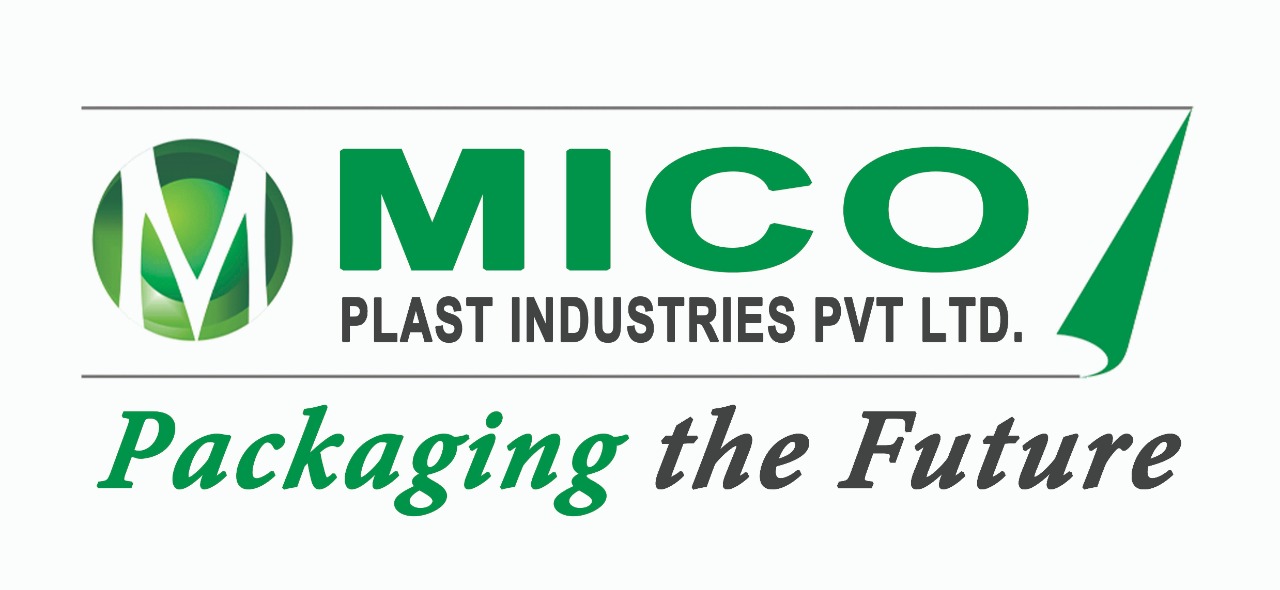- Home
- About Us
- Industries
- Products
- Anti Static Bags
- Bopp Tapes
- Bopp Wrap Around Labels
- Bulk Packaging Laminates
- Compostable Bag
- Container Liners
- Courier And Tamper Proof Security Bags
- Ffs Rolls/Heavy Duty Bags
- Flexible Packaging
- Green House Film
- LDPE Liner
- Ldpe Shrink Film
- Mulch Film
- Multilayer Barrier Films
- Pallet 3D PE Bags
- Pof Rolls/Bags
- Poly bags (flat/gusset)
- Poly Rolls (Flat/gusset)
- Pp & Pet Box Strapping Lines
- Pre Opened Bags
- Silage Film
- Stretch film
- VCI bag
- Sustainability
- Digital Printing
- Contact Us
- Home
- About Us
- Industries
- Products
- Anti Static Bags
- Bopp Tapes
- Bopp Wrap Around Labels
- Bulk Packaging Laminates
- Compostable Bag
- Container Liners
- Courier And Tamper Proof Security Bags
- Ffs Rolls/Heavy Duty Bags
- Flexible Packaging
- Green House Film
- LDPE Liner
- Ldpe Shrink Film
- Mulch Film
- Multilayer Barrier Films
- Pallet 3D PE Bags
- Pof Rolls/Bags
- Poly bags (flat/gusset)
- Poly Rolls (Flat/gusset)
- Pp & Pet Box Strapping Lines
- Pre Opened Bags
- Silage Film
- Stretch film
- VCI bag
- Sustainability
- Digital Printing
- Contact Us
GREEN HOUSE FILM
MICO’s Green House films offer a new benchmark for greenhouse and walk-in tunnel cover solutions that require extreme performance. This products offers solutions to fabricate extremely damage-resistant, large lay-flat films that help farmers protect and grow their fruit, vegetables and flowers – throughout the year.
High greenhouse film integrity
MICO’s Green House performance films enables converters to easily fabricate exceptionally tough films with very high dart impact and puncture resistance, and tensile strength at break for high-integrity greenhouse and walk-in tunnel covers. The films also exhibit excellent aging performance for long lasting, durable solutions. It allows the fabrication of extremely damage-resistant large lay-flat films in wide width, typically 80-220 μm thick, that are ideal for greenhouse and walk-in tunnel covers. These tough films can withstand the rigors of installation and harsh, extreme weather.

Innovation opportunities
Sharing knowledge and implementing feedback helps us create differentiated, sustainable agricultural film solutions. By making extremely damage-resistant, extremely tough films possible, Mico also opens the door for your further innovation opportunities such as down gauging or reduced film thickness while maintaining performance.
Advantages of greenhouse film
Types of greenhouse film
- Clear film: The most common type of greenhouse film. It allows in the most light, but it also allows in the most heat.
- Diffused film: This type of film has a milky appearance that diffuses the light, reducing the amount of heat that is absorbed.
- Tinted film: This type of film has a colored tint that reflects certain wavelengths of light, such as ultraviolet light. This can help to protect plants from pests and diseases.
- Double-layer film: This type of film has two layers of film that are separated by a small air space. This helps to insulate the greenhouse and reduce heat loss.

How to choose the right greenhouse film
- Consider the climate you live in. If you live in a cold climate, you will need a film that is well-insulated. If you live in a hot climate, you will need a film that is reflective.
- Consider the type of plants you will be growing. Some plants need more light than others.

How to care for green house film
- Clean the film regularly to remove dirt, debris, and algae.
- Repair any tears or holes in the film as soon as possible.
- Replace the film every 3-5 years, depending on the type of film and the climate you live in.

POTENTIAL APPLICATIONS
» General Greenhouse film:
Good mechanical property (tensile strength, tear resistance, dart impact, puncture resistance and softness) and high clarity and low haze.
» Functional Greenhouse film:
Anti-aging, anti-dripping, anti-fog, anti-UV, color transfer, good mechanical property and high clarity and low haze.
Conclusion
- Greenhouse film is a valuable tool for growing healthy plants all year round.
- There are many different types of greenhouse film available, so you can choose the right one for your needs.
